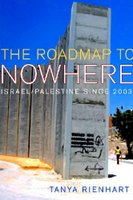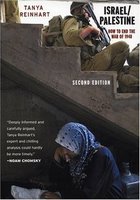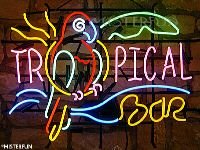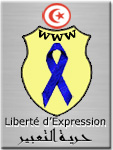

Tanya Reinhart is a professor at Tel Aviv University and the University of Utrecht. She is author of Israel/Palestine: How to End the 1948 War (Seven Stories Press, 2002) and The Road Map to Nowhere: Israel/Palestine Since 2003.
Israel backed by mainstream Western media - describes its war against the Palestinians as a war of defence, a necessary response to Palestinian terror, a noble instance of the global war against terrorism. It is amazing how still now, after two years of massive Israeli destruction of the Palestinian society, so little is known about the real facts of how this war developed, and what Israel's role in it is[....]
Ever since the Palestinian territories were occupied in 1967, the Israeli military and political elites have deliberated over the question how to keep maximum land (and water) with minimum Palestinian population. A simple solution of annexing the heavily populated Palestinian land would have created a "demographic problem" - the fear that a Jewish majority could not be sustained. Therefore, two basic approaches were formed. The Alon plan of the Labor party proposed annexation of 35-40 percent of the territories, and either a Jordanian rule, or some form of autonomy for the rest of the land, to which the Palestinian residents will be confined. In the eyes of its proponents, this plan represented a necessary compromise. They believed it would be inconceivable to repeat the "solution" of the 1948 Independence war, when much of the land was obtained "Arab-free", following mass expulsion of the Palestinian residents. The second approach, whose most vocal spokesman was Sharon, strived to get more. In its extreme realization it maintained that it should be possible to find more acceptable and sophisticated ways to achieve a “1948 style" solution. It would only be necessary to find another state for as many Palestinians as possible. "Jordan is Palestine" was the phrase Sharon coined in the 1980's.[...]
Amid the propaganda, a theme that had already emerged in October 2000 was the analogy linking present circumstances to the war of 1948. Major General Moshe Ya'alon, then deputy chief of staff (and the present chief of staff), explained that "this was Israel's most critical campaign against the Palestinians, including Israel's Arab population, since the 1948 war - for him, in fact, it is the second half of 1948" (Amir Oren, Ha'aretz, November 17, 2000). After two years of brutal Israeli oppression of the Palestinians, it is hard to avoid the conclusion that the leading military and political circles in Israel that produced this analogy still believe that "the second half" - a completion of the ethnic cleansing that started in 1948 - is necessary and possible.
Source of full interview




No comments:
Post a Comment